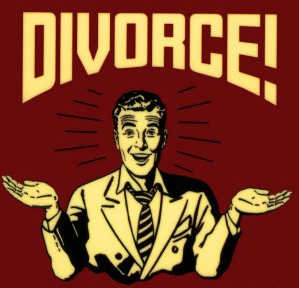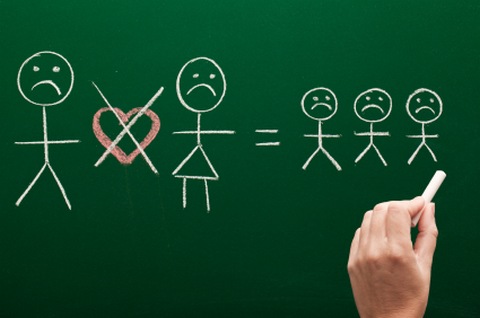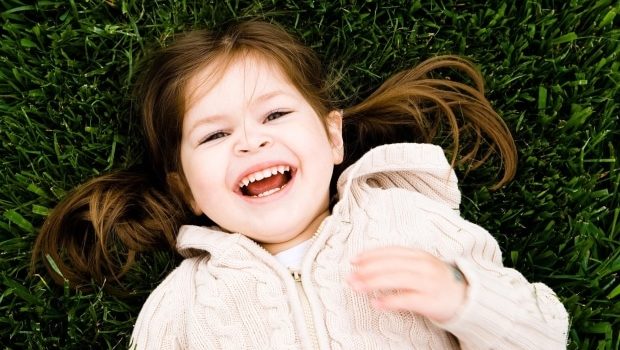How Divorce Can Affect Children
It is better to build children than to repair adults.
~ Unknown (on church signboard)
Our stepfamilies are borne out of loss – usually from divorce, sometimes death. Proponents believe that after divorce, the children involved are resilient, and because of their youth, they can bounce back and continue successfully with their lives.
Maybe we desperately wanted to believe this myth because we tried to break our commitment to our spouse and fulfill our selfish desires without guilt, hoping our children would be “okay.” As a stepfather, my heart breaks when I see what is considered “okay.”
In the early 1970s, Judith Wallerstein began studying the effects of divorce on children. She looked at 131 children and their families going through the divorce process over 25 years.
In her book, The Unexpected Legacy of Divorce, published in 2000, we learn that children aren’t “resilient,” and divorce leaves them to struggle for a lifetime with the residue of a decision their parents made.
Here’s what “okay” looks like for the children of divorce:
- They are more aggressive toward their parents and teachers.
- They experience more depression, learning difficulties, and problems getting along with their peers.
- Three times more likely to be referred for psychological help.
- Become sexually active earlier, more likely to produce children out of wedlock.
- They are three times more likely to divorce themselves or never marry.
The divorce rate for blended families is nearly 70%. One can only imagine how often the above effects increase after a second and even third divorce. The number of married adults in the United States is at an all-time low.
Research by demographers for the study “The Specter of Divorce: Views from Working and Middle-Class Cohabiters” reveals why couples aren’t getting married – they fear divorce.
Over two-thirds of the study’s respondents they admitted to concerns about dealing with the social, legal, emotional, and economic consequences of a possible divorce.
According to Ms. Wallerstein, the sadness of their family breaking up causes the most pain and long-term adverse effects for children of divorce. The anger they could not express and adjust to one parent no longer living in the home.
The loss of control over activities because of forced visitation, the loss of two full-time parents, and the sadness they feel around friends from intact families concerns a child, not how well his divorced parents are getting along. What follows the divorce, not the divorce process, harms our children the most.
Don’t accept the belief that once the process is over, everyone will live happily ever after. Focus on the process and what needs to be done after the procedure to help the children and adults move forward with as little emotional harm as possible.
Our blended families need to be a place of healing and restoration for our children. We must enter our blended family prepared for its challenges before we say, “I do.” After we say, “I do,” our commitment is until our dying breath.
Remember, when you point your finger at your spouse or her children, three are pointing back at you. A bad marriage or relationship always takes two people. If you can’t resolve problems within your family, get outside help.
Make it your daily goal to be your best self; your example will encourage your spouse and children to do the same. Here are five ideas your children may have about your divorce.









